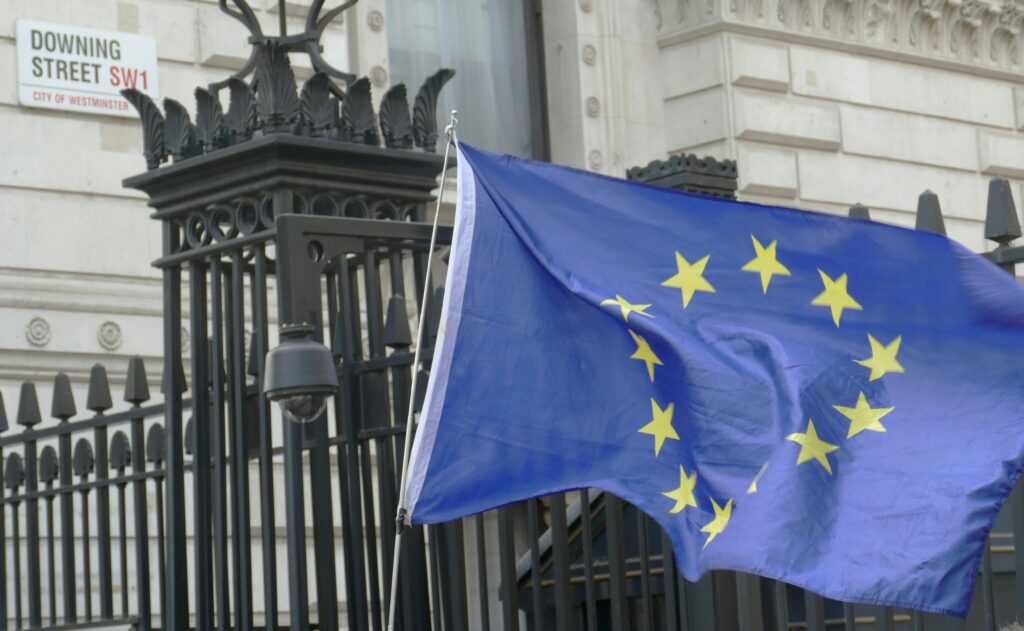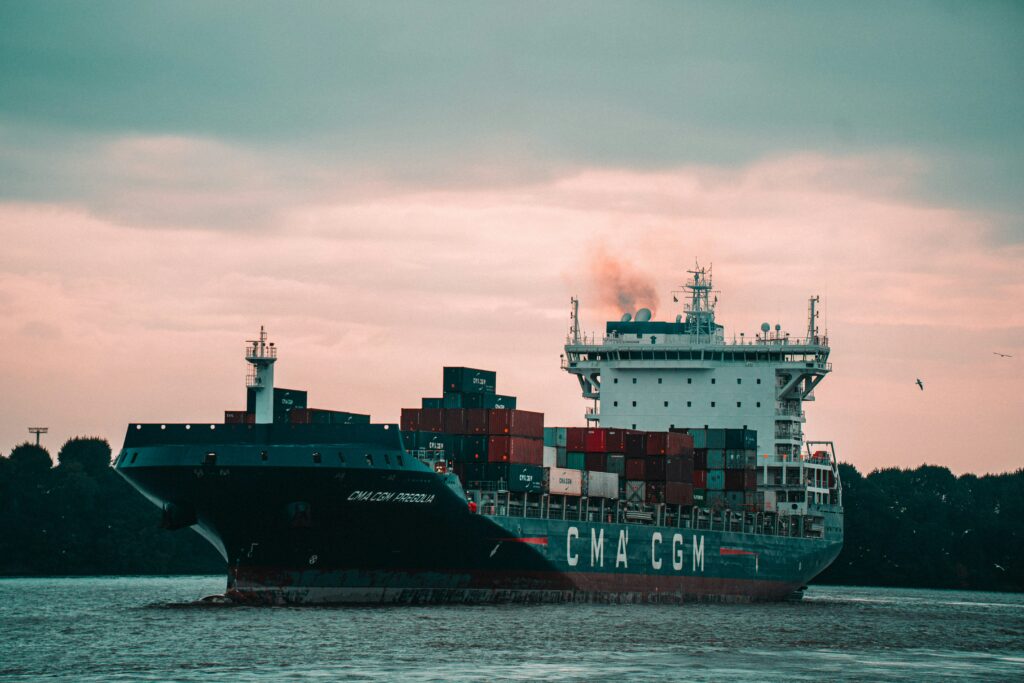As Australia approaches its federal election in May 2025, the contest between Prime Minister Anthony Albanese of the Australian Labor Party and Opposition Leader Peter Dutton of the Liberal-National Coalition presents divergent visions for the nation’s economic trajectory. For firms seeking to scale beyond domestic borders, particularly into mature markets such as the United Kingdom and Europe, the policy direction adopted by the next government will shape the ease – or challenge – of expansion, market entry, and regulatory alignment.
Labor’s Approach: Stability and Incremental Support
The Australian Labor Party has anchored its election campaign on themes of economic stability, social equity, and a gradualist approach to reform. Its vision for small and medium-sized enterprises (SMEs) is embedded within a broader commitment to long-term national prosperity, predicated on targeted investment, sustainable growth, and a rebalancing of industrial capabilities across the regions.
Labor’s platform builds upon the policy foundations laid during its current term, with a clear emphasis on continuity and refinement rather than wholesale transformation. Central to its economic narrative is the continued implementation of the National Reconstruction Fund (NRF), a $15 billion investment mechanism designed to revitalise domestic manufacturing, green technology, and value-added production. While the NRF primarily targets medium-to-large enterprises, its flow-on effects are anticipated to benefit SMEs indirectly through supply chain participation, innovation partnerships, and access to advanced manufacturing ecosystems.
Further, Labor has signalled its intention to streamline access to federal procurement opportunities for small businesses, reinforcing its “buy Australian” ethos and supporting local content in government contracts. This strategy boosts demand for SME services and enhances their operational credibility, providing a platform for growth into export markets.
Coalition’s Strategy: Aggressive Incentives and Migration Adjustments
The Liberal-National Coalition presents an economic agenda grounded in market liberalism, deregulation, and a reinvigoration of Australia’s entrepreneurial landscape. Positioned as the more pro-business alternative in this electoral cycle, the Coalition’s strategy is predicated on the belief that robust private sector activity, fuelled by tax competitiveness and labour market flexibility, remains the most effective mechanism for national economic renewal.
Central to the Coalition’s election vision for SMEs is a suite of tax and regulatory incentives designed to lower operational burdens and catalyse business reinvestment. Chief among these is the proposed expansion of the instant asset write-off threshold, alongside a longer-term commitment to reducing the corporate tax rate for SMEs to 22 per cent over the course of the parliamentary term. This fiscal approach is likely to be favourably received by SMEs with growth ambitions, particularly in sectors such as manufacturing, construction, and digital services.
In addition to tax reform, the Coalition has pledged to overhaul industrial relations frameworks to simplify workplace agreements and reduce compliance complexity for employers. Proposals to curtail the influence of industry-wide bargaining mechanisms—introduced under Labor—are positioned as a necessary corrective to perceived regulatory overreach, with the aim of restoring employer flexibility, especially for businesses operating across multiple sites or with diverse workforce arrangements.
Of considerable relevance to internationally engaged firms is the Coalition’s migration policy platform. In contrast to Labor’s skills-based migration refinement, the Coalition proposes a demand-driven migration system with an explicit focus on entrepreneurial and investment-based visas. By streamlining visa approvals for high-skilled professionals and potential business investors, the Coalition seeks to address acute labour shortages and foster greater transnational mobility. This policy could provide Australian SMEs with access to a broader pool of global talent while also encouraging inward investment and the formation of international joint ventures – particularly relevant for companies with expansion strategies in the UK and European Union.
In the digital and innovation space, the Coalition’s strategy entails increased funding for commercialisation pathways, especially for start-ups and scale-ups in fintech, clean energy, and agritech sectors. Coupled with a commitment to streamline business grants and reduce bureaucratic duplication, this orientation is designed to position Australia as a competitive hub for innovation-led enterprises. It also reflects a broader ambition to integrate more dynamically with international innovation ecosystems – particularly those of the United Kingdom, where regulatory alignment and shared language afford Australian firms a comparative advantage.
International Trade and Relations
International trade remains a critical policy domain through which scaling Australian firms can access growth opportunities and diversify revenue streams. Prime Minister Albanese’s approach is rooted in multilateralism and the restoration of strategic relationships with key trading partners, underpinned by a rules-based international system. Since assuming office, his government has placed significant emphasis on repairing previously strained diplomatic ties – most notably with China, Australia’s largest trading partner. The Albanese government’s recalibration of the Australia-China relationship has helped to reopen key export channels in industries such as barley, wine, and coal.
Beyond China, Labor has pursued deeper integration with a diverse portfolio of partners. This includes an ambitious Asia-Pacific agenda through frameworks such as the Regional Comprehensive Economic Partnership (RCEP) and the Comprehensive and Progressive Agreement for Trans-Pacific Partnership (CPTPP), alongside continued advancement of the Australia-European Union Free Trade Agreement (A-EUFTA). Notably, Labor has also emphasised the alignment of trade policy with environmental, social, and governance (ESG) standards, seeking to position Australian firms as competitive players in high-compliance markets like the UK and EU.
In contrast, Peter Dutton’s Coalition espouses a more unilateral and security-driven approach to international trade, placing strategic alignment with traditional allies – chiefly the United States – at the centre of its policy framework. The Coalition has expressed a desire to pursue enhanced bilateral trade agreements with the U.S., building on the Australia-United States Free Trade Agreement (AUSFTA) with the aim of securing preferential access in sectors such as defence technology, digital services, and pharmaceuticals.
However, this reorientation is accompanied by a more confrontational posture towards China, with Dutton signalling a willingness to decouple strategically sensitive sectors from Chinese influence. While this stance may resonate with national security imperatives, it introduces the potential for renewed economic disruption in key export markets, particularly for SMEs in agriculture and resources. A tougher stance may also complicate Australia’s participation in regional trade frameworks where Chinese economic leadership plays an increasingly dominant role. Dutton’s broader trade outlook is characterised by a tilt towards economic nationalism and a transactional style of diplomacy. His emphasis on sovereignty and resilience translates into support for bilateralism over multilateralism, with a preference for trade agreements that deliver sector-specific advantages over broader geopolitical alignment.
Implications for Australian Scale-Ups Targeting the UK and Europe
For Australian SMEs considering expansion into the UK and European markets, the election’s outcome will influence the strategic landscape.
Under Labor, continued engagement with the UK and EU through established trade agreements offers a stable platform for SMEs to explore and penetrate these markets. The government’s emphasis on multilateralism and predictable trade policies aligns with the interests of businesses seeking long-term international partnerships. In contrast, the Coalition’s focus on aggressive domestic incentives may provide immediate financial benefits to SMEs but could be accompanied by increased uncertainty in international trade relations. Dutton’s proposed migration cuts may also impact the availability of skilled labor necessary for SMEs to scale operations effectively
Bridgehead’s ANZ General Manager, Derrick Lobban, explained that “as Australia stands at a political crossroads ahead of the election, scale-up businesses should adopt a forward-looking perspective and maintain focus on international expansion. The UK and Europe present particularly compelling opportunities, offering regulatory alignment, economic stability, and access to sophisticated consumer and industrial markets. With the current trade frameworks in place, Australian firms are well-positioned to leverage these regions as strategic gateways for growth, innovation, and long-term commercial resilience.”
As Australia approaches its 2025 federal election, the divergent policy agendas of the Albanese Labor government and the Dutton-led Coalition present distinct implications for small and medium-sized enterprises (SMEs), particularly those with international ambitions. While Labor offers a vision of incremental reform, regulatory alignment, and multilateral engagement, the Coalition advances a more assertive agenda centred on tax competitiveness, bilateral trade, and strategic autonomy. For scale-up businesses seeking to expand into high-value international markets, the United Kingdom and Europe remain compelling destinations—offering regulatory compatibility, strong consumer demand, and increasing institutional support under current trade agreements.
Ultimately, irrespective of the election outcome, Australian SMEs must continue to think globally, act strategically, and remain adaptive to both domestic policy shifts and international market dynamics. The post-election environment will undoubtedly shape the tactical landscape, but the long-term fundamentals for international expansion—particularly into the UK and EU – remain robust and full of opportunity.






